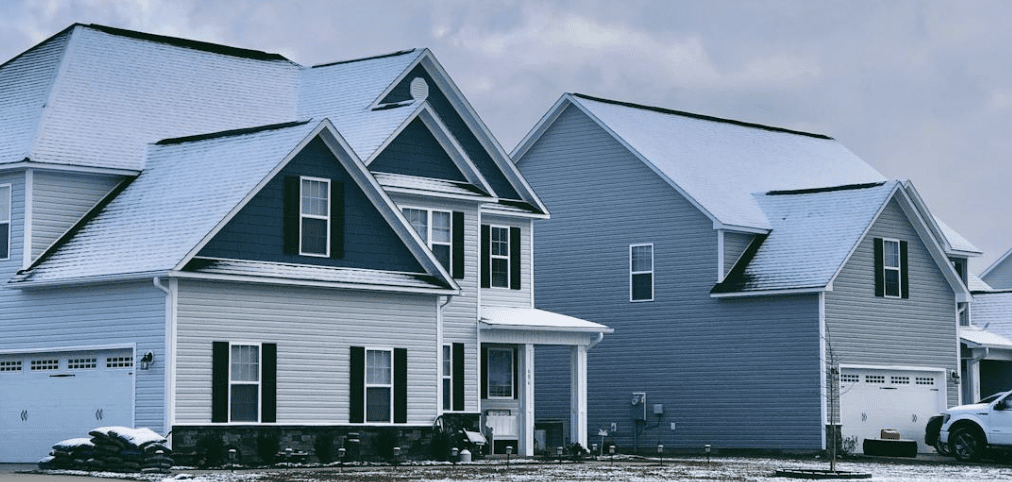Is Buying a Second Home the Right Choice for You?
Is Buying a Second Home the Right Choice for You?
Blog Article
Tips to Make Buying a Second Home Easier
Investing in a 2nd home has become a common financial and life style choice for many. Whether you're contemplating a vacation retreat or even a can you own a house and rent another, buying a second home comes with its own pair of problems and considerations. Below, we breakdown vital factors to weigh before causeing the substantial investment.

1. Realize the Financial Commitment
Running a 2nd house indicates doubling up on expenses such as mortgage funds, house taxes, maintenance, and insurance. In line with the National Association of Realtors, 72% of second-home buyers money their purchase with a mortgage. This implies you'll have to budget for another set of continuing costs. Furthermore, lenders often involve greater down payments (commonly 20-30%) and cost larger interest prices for second mortgages to mitigate risk.
You should also aspect in concealed prices like preservation and repairs, which could average 1-4% of the property's value annually, depending on the spot and era of the home. If your next home is found in a high-demand vacation area, choosing property management solutions can more raise prices but also simplify renting out your property.
2. Look at the Site Logically
The location of the second home may considerably impact their long-term value and utility. Crucial factors to think about contain regional property industry trends and home understanding rates. Zillow Research reveals that houses in coastal places have a tendency to appreciate by an average of 4.1% annually, larger compared to national growth of 3.8%. Still, seasonal changes, area to amenities, and convenience will even enjoy crucial roles in your decision.
If you're purchasing the house as a holiday home, evaluate how frequently you'll actually visit, particularly when journey could become awkward or costly. Meanwhile, if you're purchasing a rental house, study vacancy prices and hire need in the area. For instance, Airbnb knowledge highlights that houses in urban hotspots have lower vacancy charges than rural vacation rentals.
3. Duty Implications Can't Be Dismissed
Buying another home introduces more technical tax scenarios. Another property classified as a personal residence means you are able to however withhold mortgage fascination and property fees within IRS-defined limits. But, renting it out for a lot more than 14 times annually shifts it into an expense home, requesting you to cover taxes on hire revenue while letting functional charge write-offs. Consulting a tax advisor to make sure optimum filing is a must when you shut the deal.
4. Plan for the Long-Term

While purchasing a 2nd house offers you options for rental income and personal enjoyment, consider their broader function in aligning with your economic goals. Analyze whether it would have been a sustainable decision around time. Can it be a retirement escape? An income-generating property? Or both? Having quality on these targets may allow you to make informed choices regarding their consumption and profitability.
By cautiously considering your financial place, industry tendencies, and long-term needs, you are able to mitigate risks and increase the benefits of having a next home. Take some time to analyze, consult experts, and ensure you create a really noise investment. Report this page